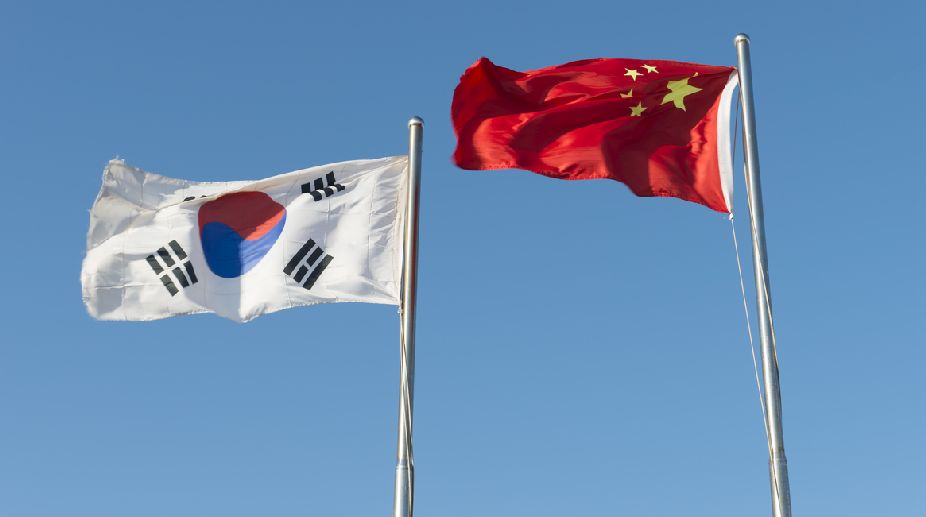Still unexplained
The hunt for the origins of Covid-19 has for the past four years been a tangled web of politics, power struggles, and international finger-pointing.

(Photo: Getty Images)
South Korea and China on Tuesday said they wanted to normalise and improve bilateral ties despite disagreement over a controversial US anti-missile system installed in Seoul which is criticised by Beijing.
“The two sides have emphasised the great importance of South Korea-China link and have decided to promote further development of their strategic relationship and cooperation,” a joint statement released by the Seoul Foreign Ministry said.
It also highlighted that both countries share the vision that strengthening exchanges and cooperation serve common interests and the countries have thus agreed to reorient them quickly to their normal course in all areas, reports Efe news.
Advertisement
This is the greatest gesture of rapprochement between the two countries since China, Seoul’s main trading partner, started a covert boycott of South Korean interests in retaliation for the installation of the Terminal High Altitude Area Defence (THAAD) missile system.
The boycott has hit South Korean companies, some of which were even forced to stop operating in China, and has adversely affected diplomatic ties despite the strong rapprochement shown by the two countries in the last five years.
The joint statement is the result of a meeting between the South Korean National Security Council vice chief Nam Gwan-pyo and Chinese Assistant Foreign Minister Kong Xuan You.
As a token of this rapprochement the presidents of both countries, Moon Jae-in and Xi Jinping, will hold a bilateral meeting on the sidelines of the Asia-Pacific Economic Cooperation forum to be held from November 12 to 14 in Vietnam.
However, both countries have reiterated and defended their respective positions in relation to the controversial THAAD, the joint statement said.
Seoul and Washington argue that the shield only aims to protect against North Korean missiles but according to Beijing the THAAD radars can be used to spy on its military bases and has insisted on its withdrawal.
Advertisement